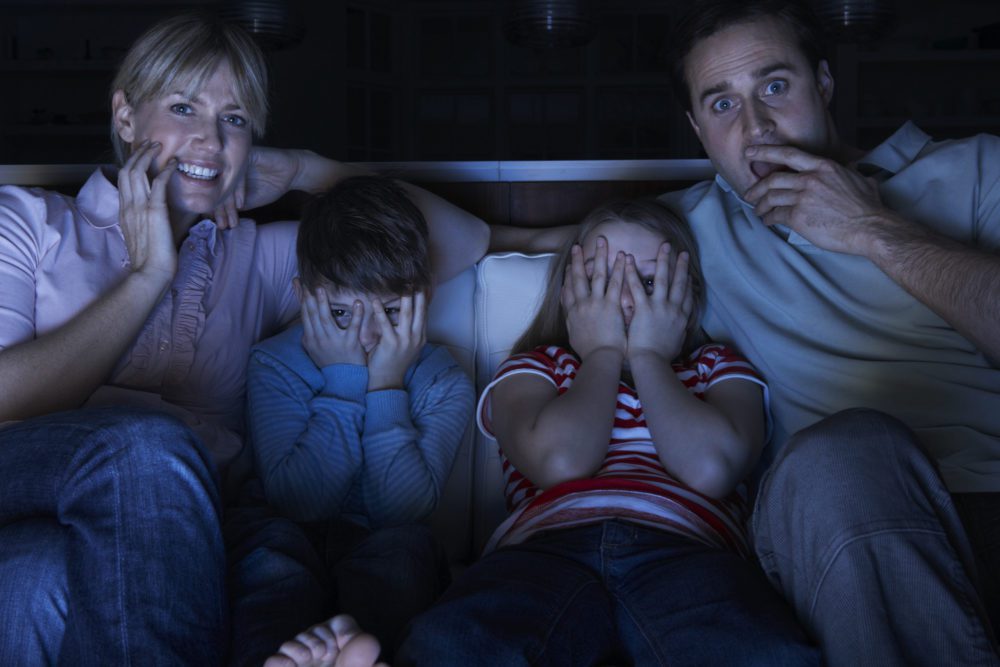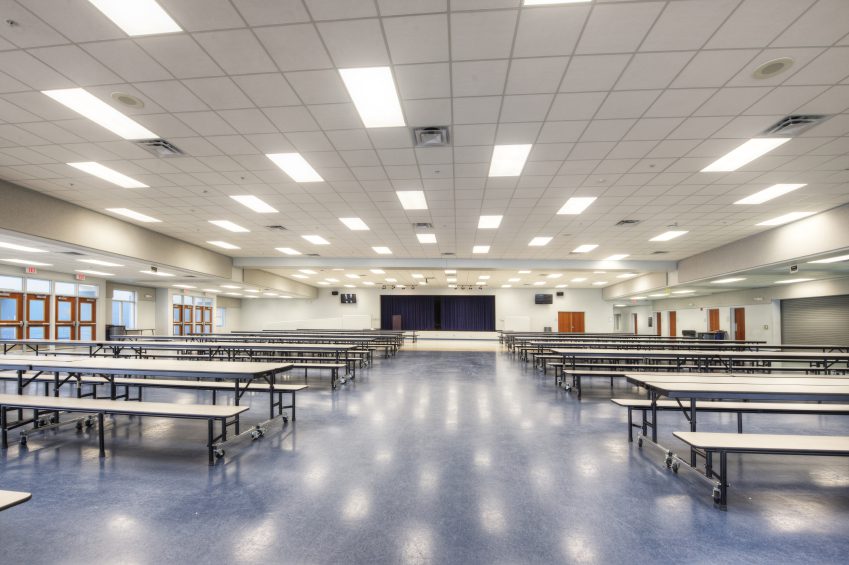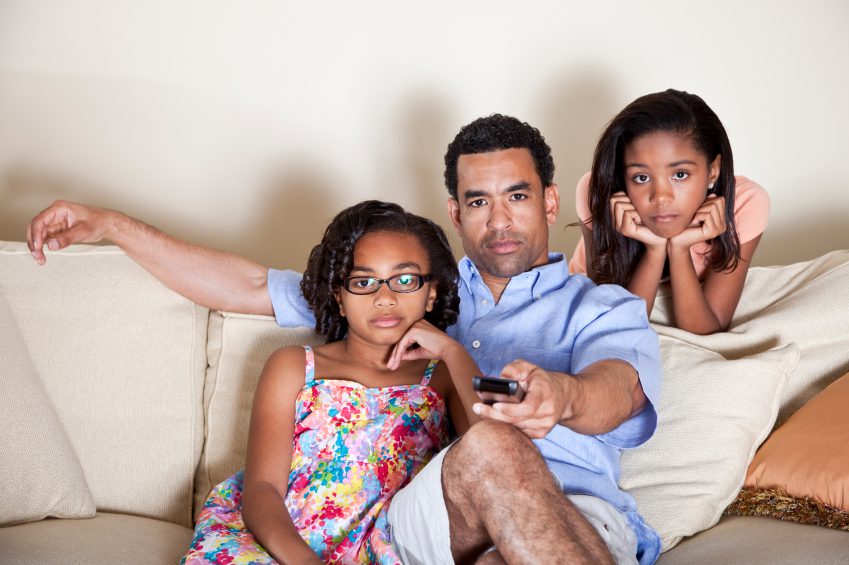How Scary Is Too Scary?
Posted in: Grade School, Infants & Toddlers, Podcast, Pre-School, Teenagers, You & Your Family
Topics: Child + Adolescent Development, Culture + Society
Here is my most vivid memory of Halloween as a child:
I’m 8 years old. I have, to my father’s delight, developed an affinity for the “creature-features” that appear on the old UHF stations every Saturday from 10 AM to noon. I love Boris Karloff as Frankenstein and Bela Lugosi as Dracula. I am literally shaking in anticipation when I watch the original Dracula, and then, because the movie (though brilliant), doesn’t hold up all that well in the eyes of an 8-year-old who is, after all, about three years away from the dazzling special effects of Star Wars, I tell my dad that the 1938 Dracula just wasn’t that scary.
This leads my parents to make the reasonable decision that the three of us will embark on a family outing while my younger sister is at a friend’s house. My mom, dad and I grab some burgers, and then, as it’s mid-October, we pay money at the door of a converted warehouse in downtown Kansas City that has been transformed into a make-shift haunted house. My dad is tickled by the adventure, and though my mom is dubious as to the child-rearing judgment in this family moment, haunted houses were less common then than they are now, and my father is particularly determined. Like a typical episode of Modern Family, we head on in.
“This’ll be nothing, Tiger,” my dad says, and I smile, because I like it when he calls me ‘Tiger,’ and I’m proud that he’s proud that I wasn’t frightened of Bela Lugosi.
But I am completely terrified.
I can still smell the stale odor of the warehouse to this day. I can still feel the bowl of cold noodles into which they thrust our hands and told us that we were “fingering brains.” I can recall, like she is standing behind me right now, the probably-very-nice-high-school-girl-who-was-at-that-moment-dressed-like-a-witch-with-green-skin who comes toward my mother and me with her fake nails painted black, and her cackling laughter echoing off of the fake ceilings. I want to simultaneously scream, run away and wet my pants, all at the same time.
We spend the rest of that awful afternoon with my mother announcing loudly to all who could hear us in each room of the warehouse that her “son is very, very scared,” and therefore, most of the ghouls leave us alone. We are in and out of that warehouse in about 13 minutes, but it feels like a month.
I thought of this story today as I was asked yet again the same question that I am often asked this time of year:
How scary is too scary during the Halloween fright season?
There is, of course, no clearly drawn answer. In this age of seemingly constant parental worry, moms and dads understandably consider the terrifying, yet unlikely possibility that they might irreparably scar their children if they don’t get things exactly right on all fronts. These worries apply as much to complicated issues like bullying as they do to seemingly mundane concerns like Halloween appropriateness. Here in Boston there are haunted forests, haunted amusement parks and marathon scary movie nights in local cinemas and on TV. Where can you comfortably bring your child for a little October fun?
It’s actually a question worth asking.
One of the first things I learned in my child psychiatry training is that parents are the best judge of what their kids can handle (notwithstanding my parent’s ill-fated decision to take me to that haunted house).
If you as a parent really love this stuff (and my dad did love old scary movies), then you’ll need to be extra careful in assessing your child’s capacity to enjoy the same material. This is because we parents often want our kids to like what we like so much that we may inadvertently subject them to our likes before they’re ready to endure our affinities. Realistically speaking, you are unlikely to do any real harm if you use good judgment, but that isn’t of course the same thing as saying that it’s OK to knowingly do harm. In fact, after that haunted warehouse trip, both my mom and my dad apologized to me—and it was probably that apology that makes me remember that experience so fondly. Parents, even on Halloween, are allowed to mess up. They just ought to acknowledge to their kids that they’ve made a mistake.
Having said that, it’s always good to think developmentally and psychologically. There is, indeed, a body of literature suggesting that some forms of entertainment can be traumatizing to vulnerable individuals. At the same time, there’s a debate in the literature about the possible service that scary stories may serve in the course of healthy development.
My goal here isn’t to do an exhaustive review of the research; it’s just to point out that others have thought a lot about these issues, so we have some data to go on as we plod forward toward October 31.
Guidelines to Help Make the Halloween Season Go Smoothly
As are very fond of saying at The Clay Center, think developmentally.
For the younger ones:
- Toddlers and school-aged kids are still prone to magical thinking. They’ll have a hard time distinguishing reality from fantasy, and this is especially the case when they’re all revved up. (I still recall, as will many readers, that super-scary witch in the Snow White display at that Disney World ride. I was absolutely certain that she was real!) As a safe bet, unless you really think your toddler is uniquely drawn to and is not at all bothered by the scary stuff, I think I’d stick with cute doggy costumes and princesses for Halloween until that toddler is a bit older.
- School-aged kids are more likely to embrace the scares, but you should still check in with your grade school children before they embark on an outing with friends to something like a haunted amusement park. Talk to your child in private, away from friends, and even away from siblings. Make sure that he or she isn’t going under duress. If your child doesn’t want to go to the haunted whatever-it-be, then you can offer to help him or her “save face” by manufacturing a family excuse. Your child can always meet up with pals later.
Adolescence, of course, gets more complex:
- Middle school children are all about belonging to a group. It was, in fact, the captain of my seventh grade basketball team who was absolutely terrified of the haunted house we all went to together. In retrospect, I’m guessing he knew he’d be scared, but he was actually more scared of not belonging. Just as with the school-aged children, you can always ask your middle school child in private what he or she really wants to do. As a parent, you have the unique ability to help your child escape significant embarrassment.
- For older teens, it’s all about that fine balance between limits and trust. The “trick” part of “trick or treat” is much more appealing to teens, and that trick can end up being pretty scary for parents. There is no shortage of horror flicks about this very topic, and indeed the topic itself is the subject of intense scholarly discourse. Remember that as much as teens look like they’re not listening to you, they probably are. And, as much as you may sound like a broken record (an admittedly dated simile these days), you still need to say the same things over and over. No booze. Drive safely. No real knives (last year some teens came to my house on Halloween with real butcher knives. They got neither tricks nor treats from me…). Stay in touch. Abide by the curfew. Be aware that the police are everywhere on Halloween—and that that’s a good thing. And at this age, help them to be able to say to their friends that they aren’t going to that haunted warehouse because it just isn’t their thing. This is all about identity formation, about teens establishing what they value.
But you know what? You’ve got this. Parents know best. You just need to be active in acting on what you already know.
Oh yeah—remember to buy enough candy, too.
Was this post helpful?
Newsletter
Subscribe Today
Your monthly dose of the latest mental health tips and advice from the expert team at The Clay Center.
SubscribeMultimedia
Quick Jumps
Tag Cloud
-
addiction
ADHD
adolescents
anorexia
anxiety
autism
behavior
CBT
child development
children
college
communication
covid-19
depression
digital media
dyslexia
eating disorder
evaluation
family
fear
healthy development
learning
learning disabilities
learning disability
mental health
mental illness
parenting
parents
Podcast
PTSD
relationships
resilience
school
shrinking it down
social media
stigma
stress
suicide
technology
teenagers
teens
therapy
trauma
treatment
violence

 Share
Share Tweet
Tweet





